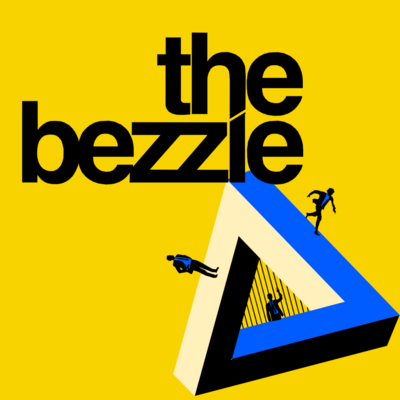We’re living in the #enshittocene, in which the forces of enshittification are turning everything from our cars to our streaming services to our dishwashers into thoroughly enshittifified piles of shit. Call it the Great Enshittening:
https://pluralistic.net/2023/11/09/lead-me-not-into-temptation/#chamberlain
–
If you’d like an essay-formatted version of this thread to read or share, here’s a link to it on pluralistic.net, my surveillance-free, ad-free, tracker-free blog:
https://pluralistic.net/2024/01/13/solidarity-forever/#tech-unions
1/

But now consider the rejoinder: “If we make our ads 25% more obnoxious, then 50% of our users will be motivated to type, ‘how do I block ads?’ into a search engine. When that happens, we don’t merely lose out on the expected 2% of additional revenue - our income from those users falls to zero, forever.”
29/
Self-help is the third constraint on enshittification. But when competition fails, and regulatory capture ensues, companies don’t just gain the ability to flout the law - they get to wield the law, too.
30/
Tech firms have cultivated a thicket of laws, rules and regulations that make self-help measures very illegal. This thicket is better known as “IP,” a term that is best understood as meaning “any policy that lets me control the conduct of my competitors, my customers and my critics”:
31/
To put an ad-blocker in an app, you have to reverse-engineer it. To do that, you’ll have to decrypt and decompile it. That step is a felony under #Section1201 of the #DMCA, carrying a five-year prison sentence and a $500,000 fine. Beyond that, ad-blocking an app would give rise to liability under the #ComputerFraudAndAbuseAct (a law inspired by the movie Wargames!), under “tortious interference” claims, under trademark, copyright and patent.
32/
More than 50% of web users have installed an ad-blocker:
But zero percent of app users have installed an ad-blocker, because they don’t exist, because you’d go to prison if you made one. An app is just a web-page wrapped in enough IP to make it a felony to add an ad-blocker to it.
33/
This is why self-help, the third constraint, no longer applies. When a corporate sadist says, “let’s make ads 25% more obnoxious to get 2% more revenue,” no one says, “if we do that, our users will all install blockers.” Instead, the response is, “let’s make ads 100% more obnoxious and get an 8% revenue boost!”
Which brings me to the final constraint: workers.
34/
Tech workers have historically enjoyed enormous bargaining power, thanks to a dire shortage of qualified personnel. While this allowed tech workers to command high salaries and cushy benefits, it also led many workers to conceive of themselves as entrepreneurs-in-waiting and not workers at all.
35/
This made tech workers very exploitable: their bosses could sell them on the idea that they were doing something heroic, which warranted “extremely hardcore” expectations - working 16 hour days, sleeping under your desk, sacrificing your health, your family and your personal life to meet deadlines and ship products (“Real artists ship” - S. Jobs).
36/
But the flip side of this appeal to heroism is that it only worked to the extent that it convinced workers to genuinely care about the things they made. When you miss you mother’s funeral and pass on having kids in order to meet deadline and ship a product, the prospect of making that product worse is unthinkable.
37/
But the flip side of this appeal to heroism is that it only worked to the extent that it convinced workers to genuinely care about the things they made. When you miss you mother’s funeral and pass on having kids in order to meet deadline and ship a product, the prospect of making that product worse is unthinkable.
38/